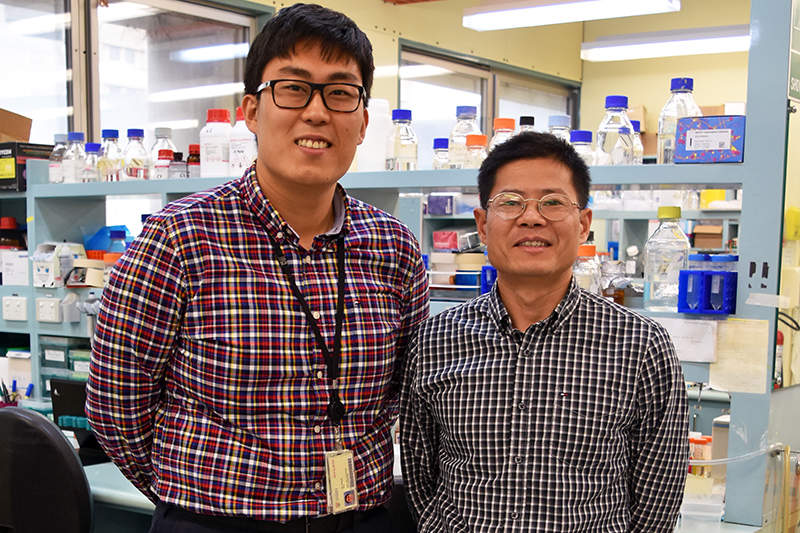
A new study led by the Centenary Institute in Australia has demonstrated the use of cancer drug Ponatinib as a potential treatment for cerebral cavernous malformations (CCM) in young individuals.
CCM is caused due to formation of clusters in brain by abnormal and dilated thin-walled blood vessels. This alters the blood flow and can lead to bleeding, epilepsy and stroke.

Discover B2B Marketing That Performs
Combine business intelligence and editorial excellence to reach engaged professionals across 36 leading media platforms.
The disorder is commonly detected only when a brain MRI is taken for an unrelated condition, or upon display of symptoms such as seizure or a stroke. Surgery is the only existing treatment option for CCM.
To address the unmet need for pharmacological treatments, researchers from various organisations in Australia and China have found a potential therapy.
In mice models, a single intragastric administration of Ponatinib was observed to block the signalling pathway of the MEKK3 enzyme, which is known to be one of the causes of CCM.
Results have been published in the Science Advances journal. The authors said that the cancer drug was able to prevent formation of new CCM lesions as well as the growth of developed lesions.

US Tariffs are shifting - will you react or anticipate?
Don’t let policy changes catch you off guard. Stay proactive with real-time data and expert analysis.
By GlobalDataCentenary Institute researcher Jaesung Peter Choi said: “Our next goal is to synthesise derivatives of Ponatinib for specific use in CCM to maximise its efficacy, and to minimise any side effects.”
The team is working on collaborating with neurosurgeons in the US and China to carry out clinical trials of Ponatinib for the treatment of CCM.
Centenary Institute Signalling Laboratory head Xiangjian Zheng said: “CCM is a cruel disease, which many patients don’t realise they have until they experience a seizure or a stroke. If successful in clinical trials, this drug could potentially save lives.”




